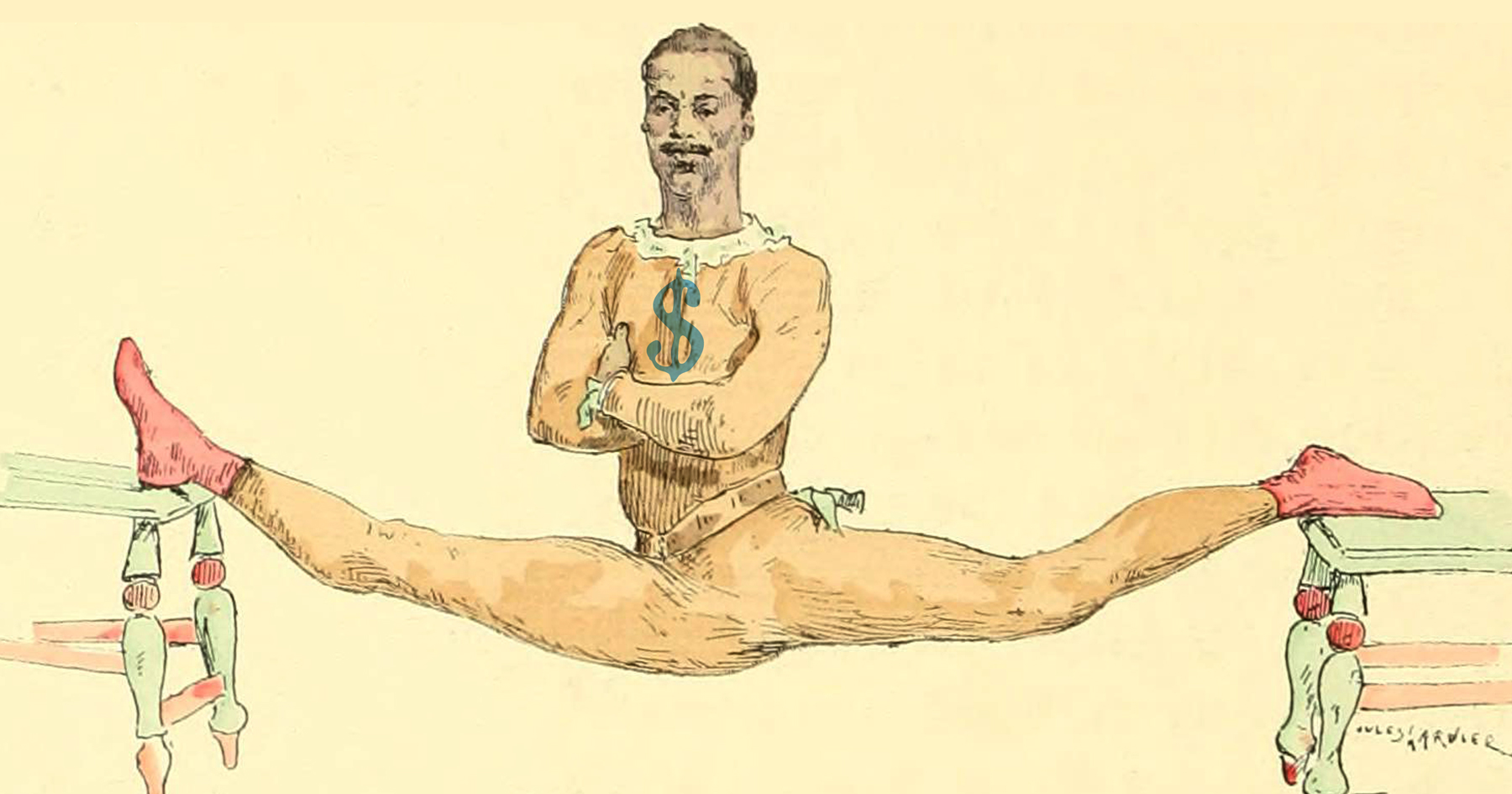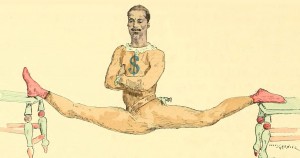International socialists may once have rallied around “workers, unite!” but today’s young “communists” are embracing a Non-Workers movement, demanding free stuff and/or a Universal Basic Income (UBI).
This came to mind reading a recent New York Times’s op-ed, “Work Is a False Idol,” and an earlier report, “These Chinese Millennials Are ‘Chilling,’ and Beijing Isn’t Happy.” A new movement in China and elsewhere, known as “Lying Flat,” extols indolence.
Instead of a career? Working hard?
Do nothing!
Sounds like early retirement.
Very early retirement, for this is a young adult malaise.
Cassady Rosenblum, who took the trouble to author the op-ed, quoted a poem that asked “what is it you plan to do/ with your one wild and precious life?” and answered: “Sit on the porch.”
This “Lying flat” slacker movement reminds me of a novel I haven’t read, but whose theme has stuck with me, nonetheless: Ivan Goncharov’s Oblomov. It is about a young nobleman who spends the book recumbent, or so I’m told.
“Oblomovism” was a cultural obsession before the Soviet Revolution and a problem afterward. If no one produces, how could anyone consume?
With the character Oblomov, his lethargy merely drained the capital of his family’s aristocratic past.
With the hero of the new “Lying Flat” movement, Luo Huazhong — author of the mortal classic, “Lying Flat Is Justice” — he lives off odd jobs and his savings. So far, at least, self-sufficient.
With Ms. Rosenblum, it’s her parents’ porch, and, thereby, their savings.
Think of what would happen were a UBI put in place. More horizontal living and less production (for redistribution).
Oblomovism triumphs and we all lose.
After all, “Lying flat” is the perfect term for the ultimate in do-nothingism: what you do in a coffin.
This is Common Sense. I’m Paul Jacob.
—
See all recent commentary
(simplified and organized)






